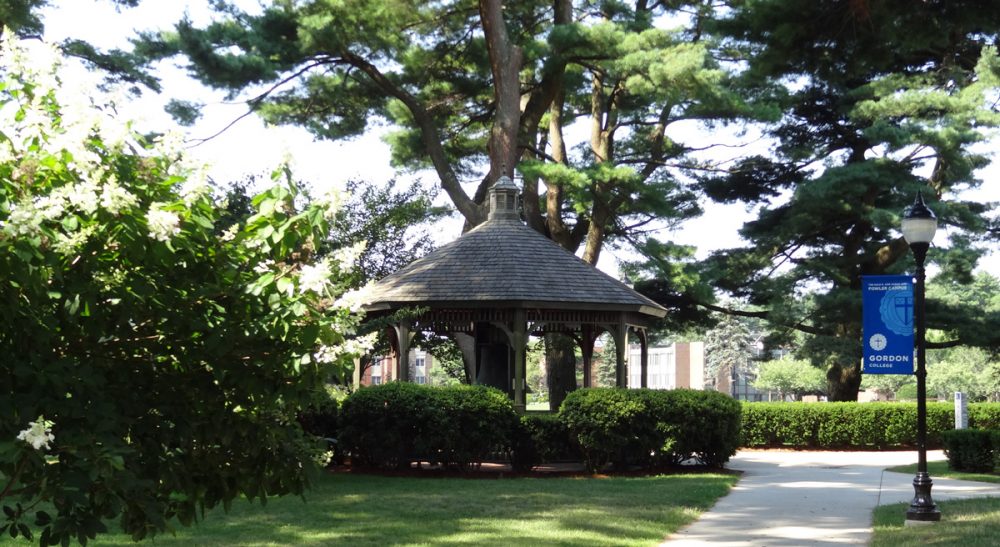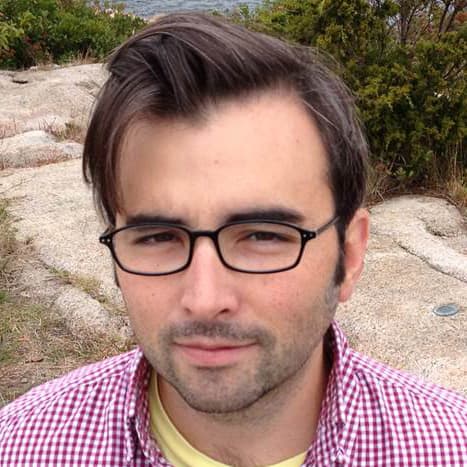Advertisement
Dear Gordon College, You Do Not Speak For Me

My guess is that, until recently, you had never heard of my alma mater, Gordon College. Or, if you had, maybe you knew of it, vaguely, as that religious school on the North Shore of Massachusetts. Maybe you confused it with the similarly named, and loosely affiliated seminary, Gordon-Conwell. But most likely, you had just never heard of it.
That is, until July 4, when The Boston Globe published a story about a letter to President Obama requesting a religious exemption from Executive Order 13672, which bans federal contractors from using discriminatory hiring practices on the basis of sexual orientation. The president signed the order on Monday, July 21, sans religious exemption. Gordon College’s new president, D. Michael Lindsay, was among those asking for the exemption. The small Christian liberal arts college that no one had heard of was suddenly thrust into the limelight.
The news prompted the mayor of Salem, Mass., to end the city’s longstanding partnership with the college. It also sparked a conversation among fellow my alumni, both in person and via social media.
Gordon College’s Statement of Life and Conduct, which all students, staff and faculty are required to sign, bars “homosexual acts.” While some of my fellow alumni have no problem with that language, many others of us do and would like to see it excised.
Regardless of where they stand on that particular issue, however, I have yet to speak with an alumnus who supports Lindsay’s decision to sign the letter, which aligns Gordon with those who seek the right to discriminate.
Together, we have speculated about Lindsay’s thinking and motivations. Was he sincerely worried that the executive order would jeopardize the federal funding that Gordon receives? Was his decision politically motivated?
Together, we have speculated about Lindsay’s thinking and motivations. Was he sincerely worried that the executive order would jeopardize the federal funding that Gordon receives? Was his decision politically motivated?
Collectively, we have experienced waves of emotion — confusion, anger, anxiety and fear.
Yes, fear. Many have expressed concern that Lindsay’s actions have seriously jeopardized our chances of getting jobs or being accepted to graduate programs. Will this hit to the college’s reputation be a red flag to future employers who do not want to hire religious ideologues? There has even been talk of suing Lindsay for devaluing our degrees. While I’m fairly confident that no one will go quite that far, the question of what recourse we might have has been part of the conversation.
For my part, I’ve written a letter to both the president and the board of Gordon College, asking that Lindsay issue an explicit statement making clear that the college does not discriminate on the basis of sexual orientation. To date, I’ve received only a generic response thanking me for sharing my opinion and pointing me to a website that the college set up to answer questions about this issue.
Advertisement
At this point, all that any of us in the Gordon College community can do, really, is hope to receive the kind of consideration from prospective employers, grad school admissions panels and others that Lindsay, in signing the letter to President Obama, seems unwilling to extend to gay and transgendered people. Come to think of it, it’s a very Christian notion I’m requesting: Please treat Gordon College graduates the way you would want to be treated.
Related:
